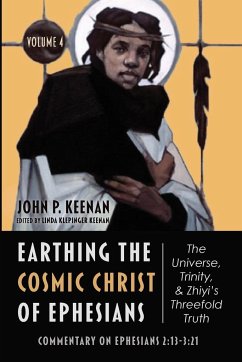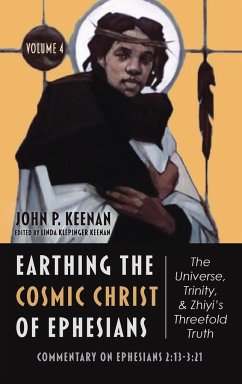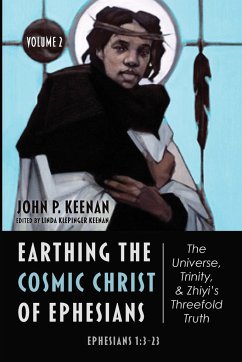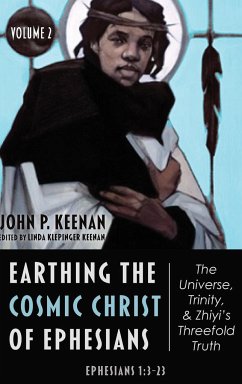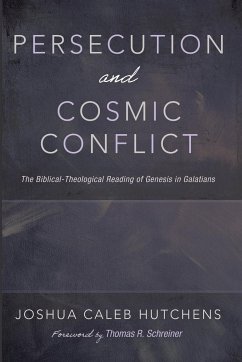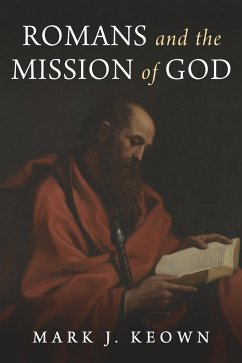In a Tiantai theology, conventional truth is conventionally arisen, which means that such truth is never set once and for all, but is to be cherished and rethought in new circumstances, whether interreligious or scientific--but always in critical consonance with its ancient embodiments. Contexts shift frameworks, but life in Christ is translatable across cultures. Christian faith and theology discourage the assumption that the point of it can be clearly pinned down. God's appearance to Elijah out of the whirlwind is an eternal reminder of the paltriness of all human perspectives. Symbolic worlds of faith and wisdom are not themselves finished products. Because it has a past and a future, the cosmos itself is unfinished. Christian creeds ought not be defended as last-word ideological positions and bastions against relativity, but instead recognized in their cultural contexts and affirmed as grammars of communal and personal assent.

